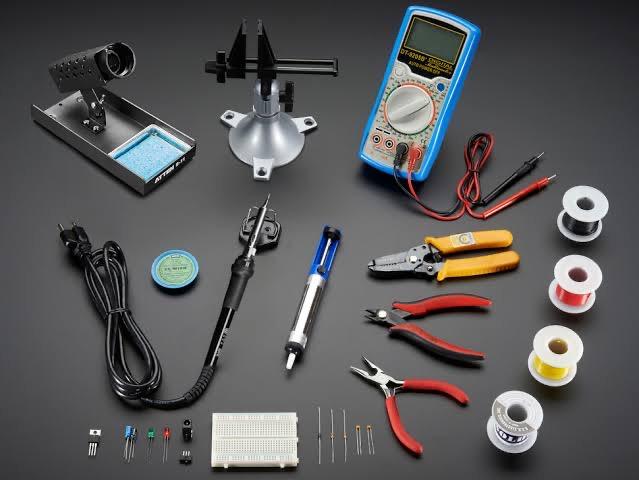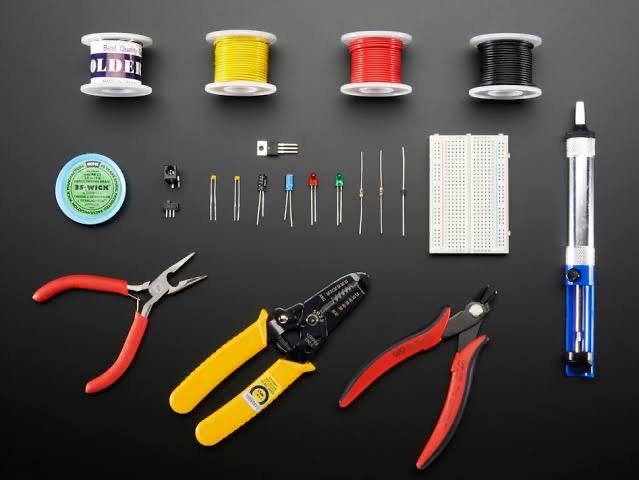
While an individual’s qualifications and work experience may make them the most qualified candidate for a position, they shouldn’t be the only consideration when filling a job opening. Employers have a moral obligation to provide the most inclusive workplace possible.
This is especially true for employees with disabilities, who rarely had the opportunity to flourish in their careers with other people who have not experienced the same challenges as them. As a result, this creates a ripple effect, where individuals with disabilities are frequently not considered for positions because of their disabilities.
There are many challenges when creating an inclusive workplace, but companies that actively work to hire employees with disabilities can help overcome many of those challenges.
When individuals with disabilities are under-utilized at work, or incorrectly assigned tasks that are beyond their skill level, this can result in their frustrations and a lower quality of work. In turn, this can lead employers to deem them as not a good fit for the job.
On the other hand, when employees with disabilities are provided with tasks that fit their skill level and are naturally suited for them, it can lead to more productivity and higher quality work.
While it may be challenging to do, it’s vital to encourage an open and empathetic approach to communication among employees. This is especially true if someone on the team has a disability, as they could feel discouraged or excluded if they are unable to communicate in the same way as their peers.
Just like anyone else, many employees with disabilities are capable of doing the job they are hired to do. However, they might struggle at tasks that require accuracy and fine motor control.
This is why it’s important to have the right technology at work to help them complete certain tasks. For instance, something as simple as installing a wheelchair-accessible ramp is the right step to ensuring your employees with disabilities feel part of your culture.
Employers should provide training for their employees on how to act and provide positive support to employees with disabilities. It is also important to make sure that employees understand the company’s disability policy.
For example, some companies may require training if a colleague has an epileptic seizure or an outburst. This training can help provide proper support, so that the coworker can return to their regular duties quickly, so that they can continue to be an asset to the company.
Creating a workplace that is inclusive to individuals with disabilities is an important step in building a culture that is truly welcoming to all individuals. Like any other policy that is focused on diversity, it is an ongoing process, which requires management to be proactive and to set forth clear policies to support employees with differing needs.
All Things Inspector provides all the tools you need to thrive in the inspection industry. We offer specialty tools for fire door inspections, door pressure gauges, door gaps gauges, and even fire door inspection. Learn more about how we can take your inspector knowledge to the next level!

The Americans with Disabilities Act (ADA) ensures that individuals with disabilities enjoy equal access like others to public facilities, including buildings, sidewalks, and transportation. To

The Americans with Disabilities Act (ADA) mandates that public facilities provide equal access to individuals with disabilities. To meet these requirements, businesses and organizations often
